History of Boat Insurance
Dive into the riveting journey of boat insurance, tracing its origins and evolution through history. Understand how this vital maritime financial service has adapted to meet the needs of boat owners across the centuries and what it means for Australian boaters today.

Early Beginnings
Boat insurance traces its roots back to the cattle and grain trades on the seas of Italy and Greece. It was not until the medieval period that marine insurance became formalized following the inception of maritime trade between Europe and the East. In these early days, insurance contracts were primarily used to protect traders from the perils associated with sea voyages, encompassing loss of cargo and ship.The earliest known marine insurance contracts are thought to have been issued in the Italian city-states during the 14th century, notably in Genoa and Venice. These agreements were simplistic, dealing mainly with underwriting the cargo rather than the vessels themselves. Their primary function was to manage the high risk of trading across dangerous waters littered with pirates and unpredictable weather.
As these contracts evolved, they laid the foundation for the modern boat insurance policy, addressing not just the cargo but also the ships. The transition from insuring cargo to including the hull represented a significant shift in the scope and complexity of marine insurance, setting the stage for future developments.
Pivotal Developments
The emergence of Lloyd’s of London in the late 17th century was a landmark moment in the history of boat insurance. Originally a simple coffee house, it became a meeting place for ship owners, captains, and merchants looking to find protection for their maritime endeavors. This network eventually evolved into one of the world’s leading insurance marketplaces.During the 18th and 19th centuries, technological advances in shipbuilding and navigation expanded the scope of marine insurance. Vessels became larger and capable of longer voyages, necessitating more comprehensive insurance policies. As a result, insurers began issuing policies covering a wider array of risks, including damage to vessels, crews, and even passengers.
The impact of international maritime laws and conventions in the 20th century further refined the marine insurance landscape. Regulatory frameworks were introduced to standardize practices, ensuring fair trade across global waters. These laws highlighted the need for integrity and accountability in marine insurance, establishing the robust structure known today.
Current Trends and Future
The modern landscape of boat insurance is defined by a blend of traditional practices and cutting-edge innovation. The technological advancements of today mean that contemporary policies can offer unprecedented levels of cover and flexibility. Digital platforms now allow for the quick adaptation of policies to suit individual needs, providing Australian boat owners with peace of mind tailored to their specific maritime pursuits.Environmental and climatic changes have also influenced the dynamics of boat insurance, prompting insurers to consider factors like rising sea levels and extreme weather patterns. These parameters highlight the importance of adaptive policies that can respond to shifting global conditions, underscoring the ever-evolving nature of marine insurance.
In Australia, boat insurance continues to adapt, reflecting both historical legacies and future challenges. From traditional hull policies to advanced liability covers, the landscape is as dynamic as ever, aiming to provide comprehensive protection for vessels and securing the passion Australians have for boating. Understanding its history enhances our appreciation of its vital role in safeguarding maritime ventures today and beyond.
Want to receive the latest news and boating advice?
We offer a convenient newsletter subscription service that delivers the latest updates to your inbox. To sign up, visit our website and enter your email address in the subscription box. It's quick, easy, and free, and you'll be the first to know about any new products or services we offer
Thanks for signing up!




